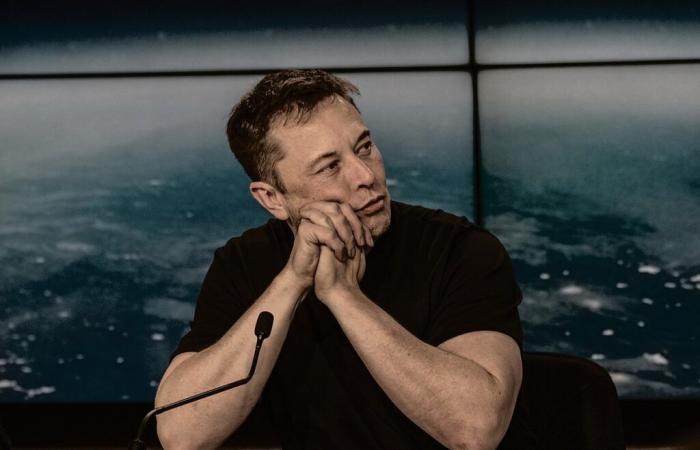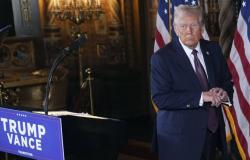In 2024, artificial intelligence (AI) will profoundly transform the way human organizations operate. The example given by Elon Musk, hated by the left but visionary, offers crucial lessons for French leaders, whether they are at the head of associations, SMEs or large companies. His restructuring of Twitter (which became X) illustrates how companies can reinvent themselves in the age of AI.
An initial shock: the 80% reduction in workforce at Twitter
When Musk bought Twitter in 2022 for $44 billion, many called his decision madness. The platform, deemed ineffective and costly, seemed doomed to failure in the hands of the libertarian. His first, radical decision shook the industry: laying off 6,000 employees, or 80% of the workforce, particularly among the so-called moderation teams who were in reality bent on persecuting non-conforming ideas and excluding right-wing personalities. or identitarians like Donald Trump or Jared Taylor (who have since regained their freedom of speech on X).
If the press and analysts predicted a collapse, Musk had a clear strategy. With the help of his trusted lieutenants, he conducted a ruthless assessment of the teams to identify the truly crucial talents. Result ? An inconvenient truth: the majority of functions were redundant or inefficient, and a small team could manage the entire platform.
A universal observation: companies unsuitable for the AI era
This transformation has revealed a reality that few leaders dare to admit: modern organizations, built for a pre-AI era, are clogged with unnecessary layers of management, complex validations and manual tasks that could be automated.
Musk applied a simple but bold philosophy: eliminate the unnecessary and rethink processes. By tackling administrative complexity, he drastically reduced the layers of management and gave more autonomy to small, elite teams. Decisions, once slowed down by endless hierarchical chains, are now made in a matter of hours.
Automation and AI at the heart of transformation
The real revolution has taken shape with the massive integration of artificial intelligence into business processes. Content moderation, once handled by large teams, has been transformed thanks to advanced AI systems capable of processing content with unprecedented speed, significantly reducing human errors and managing unlimited volumes while maintaining extremely low costs.
Musk introduced innovations like “Explainable AI” (XAI), making AI decisions transparent and understandable. This approach not only improved efficiency, it created new confidence in automated systems.
The elevation of humans to strategic roles
The final stage of the transformation was to refocus human roles on strategic and creative tasks. Teams no longer focus on repetitive tasks but on planning, innovation and solving complex problems, thus increasing their added value.
Twitter, now renamed X, has become an agile, high-performance business model, where changes happen in days instead of months. This transformation is more than just cost reduction, it provides a roadmap for the future of work.
A lesson for French companies
French companies, often criticized for their attachment to rigid hierarchical structures and traditional models, could learn valuable lessons from this experience.
First of all, it involves entrusting repetitive tasks to artificial intelligence in order to allow human teams to concentrate on strategic missions with high added value. Process automation should also be accelerated by identifying and simplifying tasks that can be optimized using technology tools, freeing up time and resources.
Organizations should favor small but high-performing teams, capable of guaranteeing both agility and autonomy in decision-making. Finally, it is essential to establish explainable and transparent artificial intelligence, in order to strengthen trust by making decision-making mechanisms understandable and accessible to all.
At a time when French companies are facing increasing challenges, including international competition and cost pressure, those that are able to adapt to this model will prosper. The others risk disappearing.
The example of Elon Musk is not just an American phenomenon. It is a wake-up call for French leaders: AI is not a threat, but an opportunity. By drawing inspiration from this model, companies can transform their structures and prepare for the future, provided they have the courage to rethink their methods.
Photo credit: DR
[cc] Breizh-info.com, 2025, dispatches free to copy and distribute subject to mention and link to the original source






